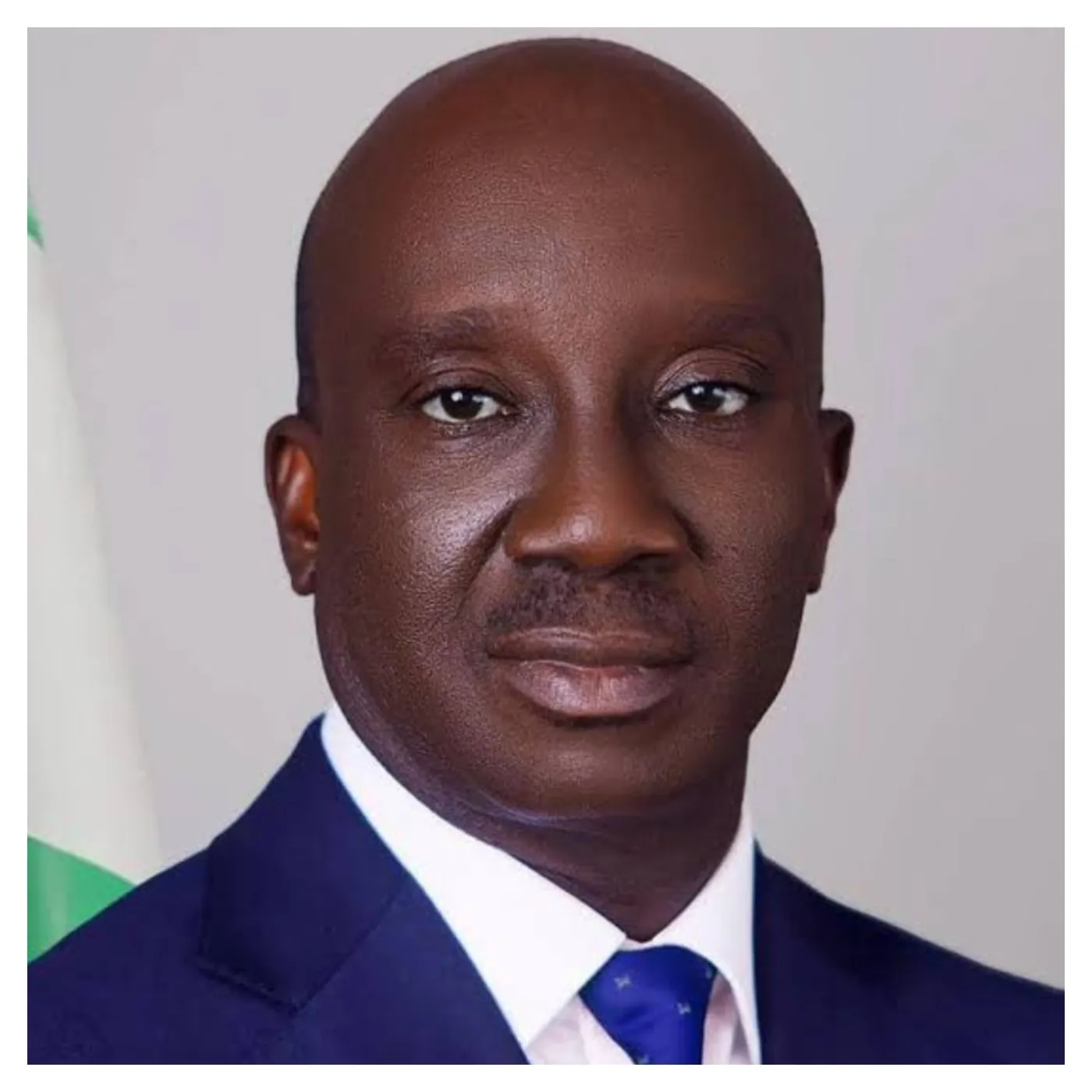Copyright mehrnews

Sudan, a vast country in the Horn of Africa divided by the Blue and White Nile rivers, has witnessed a deep humanitarian and political crisis in recent years. Since April 2023, the conflict between the Sudanese army forces commanded by General Abdel Fattah al-Burhan and the Rapid Support Forces (RSF) militia led by Mohamed Hamdan Daqlou (Hemidati) has escalated into a full-scale civil war. The conflict has left more than 20,000 dead, 13 million displaced, and 30 million people in need of humanitarian assistance. The fall of Al-Fashir, the capital of North Darfur state, on October 26, 2025, not only changed the military balance, but also raised concerns about a repeat of the genocides of the 2000s. Sudan's current crisis is not just an internal conflict, but the product of a combination of foreign interference, tribal rivalries, and historical legacy. The United Arab Emirates has been accused of sponsoring the RSF, and international pressure on Khartoum has further complicated the issue of national sovereignty. The roots of the war and the war spread to Darfur Sudan’s war was born of internal divisions and rivalries among military elites. After the fall of Omar al-Bashir in 2019, the previously allied Burhan and Hamidati clashed over the division of power and resources. The SF, which have roots in the Darfur Janjaweed militia and a violent history of ethnic repression, first attacked Khartoum and then spread to the western regions of the country. Darfur, which witnessed a genocide in the 2000s that killed more than 300,000 people, has once again become a target of violence. Al-Fashir, a city of about 800,000 people, was besieged by the RSF for 18 months. The fall of the city in October 2025 was not only a military defeat but also a sign of the deteriorating humanitarian situation. There were reports of nighttime raids on residential neighborhoods, the abduction of women and children, and the destruction of homes. Many residents were forced to flee 70 kilometers to the town of Tawila, where they witnessed the killing of civilians and mass burials. War crimes and ethnic cleansing Fasher's fall is a symbol of widespread human rights abuses. In the first three days alone, more than 1,500 civilians, mostly from the Masalit ethnic group, were killed and subjected to ethnic cleansing. Six medical staff were abducted and large ransoms were demanded for their release, severely damaging the health system. Hospitals were turned into military targets and medical equipment was looted. The UN Office of the High Commissioner for Human Rights has documented mass executions, systematic rape of women and acts of tribal violence. These actions have exacerbated ethnic tensions and created a severe humanitarian crisis. The Sudanese government has described these actions as "terrorist" and is trying to support the army against the RSF militias. The role of foreign support The UAE's role in supporting the RSF is prominent. Various reports indicate that the country has provided military equipment, including armored vehicles and light weapons, to the militias. Analysts see the reason for this support as economic exploitation, control of gold mines in Darfur, and access to the port of Suakin. This foreign support has not only made the war prolonged, but has also activated the debate on international responsibility for war crimes. Humanitarian Situation and Critical Statistics Sudan’s humanitarian crisis is widespread. The UN reports that 30 million people are in need of humanitarian assistance, 25 million are facing acute hunger, and 13 million have been displaced. Many of the displaced have sought refuge in neighboring countries such as Chad, Egypt, and Ethiopia. In Darfur, more than 250,000 people are living under siege, lacking access to food, medicine, and security. The blockade of relief routes by rapid response forces has led to the use of starvation as a weapon of war. Reports indicate demographic cleansing and population restructuring in Darfur, which could have long-term consequences for the social and ethnic stability of the region. Domestic actors in the crisis The two main actors in this war are the Sudanese army and the RSF, but there are also more complex layers. The Sudanese army, led by Al-Burhan, is active in the east and south of the country and emphasizes the preservation of national dignity. The RSF, with external support, control the western regions. Islamist groups and local popular committees play an important role in defending civilians and recording crimes. Civil-military coalitions can be decisive in the post-conflict phase, but their internal cohesion and coordination are still fragile. Local committees, with limited resources, are of particular importance as the only civilian protection force. International reaction The global response has been belated but significant. The United Nations, the African Union, and the European Union have condemned the violence. The United States has imposed sanctions on the commanders of the RSF, and the UN Secretary-General has called for a halt to arms shipments. Influential countries in the region have attempted to mediate between the army and the RSF. At the grassroots level, international campaigns and demonstrations have increased pressure on the countries supporting the militias and the international community. However, aid supplies still only cover a fraction of the real needs, and the humanitarian situation remains critical. Prospects for peace Peace in Sudan is possible but fragile. There are three main ways: 1. Military-security: including a ceasefire, the integration of the RSF into the army and the transitional government. 2. Political-civil: including national dialogue, the establishment of a transitional government and holding elections. 3. Human-social: including national reconciliation, reconstruction and the establishment of social justice. The conditions for success on these paths include mutual recognition, neutralization of external interference, the participation of non-political forces and the administration of justice to prevent reprisals. By strengthening internal structures and establishing a transitional parliament, the Sudanese government can regain its legitimacy, but the challenges remain great: divisions in the army, the excesses of the RSF and external pressures are serious threats to stability. The fall of Al-Fasher, the crimes of the RSF, and the role of foreign countries have transformed the situation in Sudan into a complex and multifaceted crisis. However, popular resistance, support for the army, and international efforts to build peace can pave the way for reconstruction and stability. Sudan’s future is only possible through national reconciliation, justice, and limiting foreign interference. Behind the scenes, the UAE has been the main supplier of the RSF, fueling the war by smuggling gold and sending sophisticated weapons. The United States, despite its claims of neutrality, indirectly provides logistics for these forces through private security companies and military bases in the Horn of Africa, and the European Union has played an indirect role by remaining silent and continuing to trade in gold. Diplomatic efforts for a ceasefire and humanitarian aid, including the formation of the Quartet, have so far been limited.



